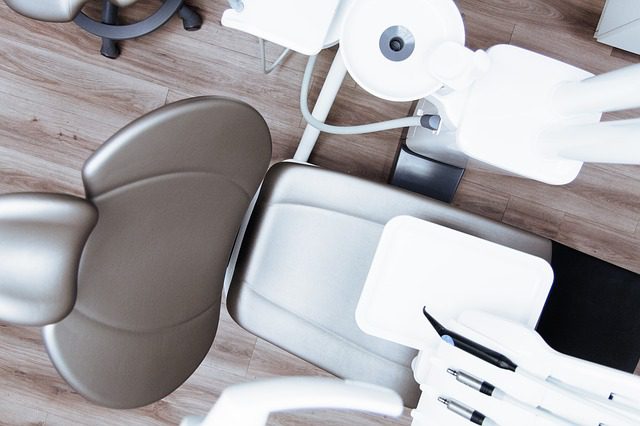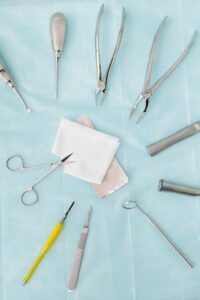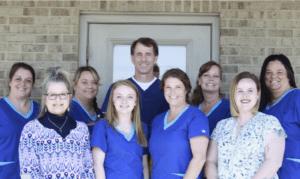Tooth removals occur every day in the US for a variety of reasons. Cavity removal, extractions to create more room in a crowded jaw, wisdom teeth extractions, and removing teeth to prepare for fitting a tooth replacement are all common procedures. These procedures are very safe and are performed with either local anesthetic or IV anesthesia.
Depending on why you’re having a tooth or teeth extracted, and the difficulty of the extraction, we may also do dental bone grafting following the tooth removal. We will review your medical history and examine your mouth to make the best plan for removing the tooth or teeth.
An important part of the tooth extraction process is an x-ray. Sometimes your dentist has already sent us an x-ray that shows the tooth involved. At times, we’ll also need to take a digital panorex in order to see your entire jaw to check for any potential issues that could complicate the extraction process.
Before Your Tooth Extraction
Leading up to your appointment for this simple oral surgery, there are a few things you should do to help us make your recovery easier and your extraction safer. Consuming tobacco in any form leading up to a mouth surgery is a bad idea, as it can lead to dry socket, slow healing, or even infection after the tooth is removed.
Monitor your health – simply, be aware of how your body is feeling leading up to the appointment. If you have nausea, vomiting, fever or cough in the days leading up to the tooth extraction, just call and let us know – we’ll have to reschedule your appointment. Any illnesses that cause bacteria to pass through or accumulate in your mouth make you high-risk for post-surgery infection, which is why we need you in good health before we take your tooth/teeth out.
The morning of your tooth extraction, don’t eat, and only drink water. Even if you don’t think you need to, have a friend or family member drive you to and from your appointment. Before you come to our office, think about your post-extraction self. Do you want a cozy blanket and pillows on the couch? An ice pack for your face? Your favorite shows queued up on the TV? Do all those things ahead of time so that when you get home, you can rest and start to heal.
It’s really not that bad; tooth extractions are common and tend to heal well. But there’s nothing wrong with taking a lazy afternoon on the couch about it anyways.
After Your Tooth Extraction
Immediately following the surgery, you should gently clean your mouth. You can brush your teeth – but be careful around the extraction site. Sometimes diluted salt water or diluted mouthwash can be used to gently rinse your mouth and help disinfect the empty space left by the extracted tooth. Frequently, we use natural and homeopathic products to help your mouth heal quicker.
If you smoke (this includes vaping), you should refrain ideally for at least a week after surgery to allow your body to start healing faster. This could be the perfect time to kick the habit!
After a tooth extraction, you can eat most normal foods; however, hard and crunchy foods are not recommended. Foods like chips, pretzels, hard shell tacos, pizza crust, and waffle cones (some of our favorite foods) are not good choices. But if ice cream is also one of those favorite foods, that’s one that’s actually okay after a tooth extraction. You can even have it for breakfast the next day!
The other thing to be mindful of is anything that puts stress on the socket, such as strenuous activity or sucking a drink through a straw. Avoid these things, as they can dislodge the clot your body makes to protect the site, leading to dry socket and/or infection.
Call us at Wilmington Oral Surgery with any questions you may have before your procedure. Our number is 937-382-8020. We look forward to treating you!









